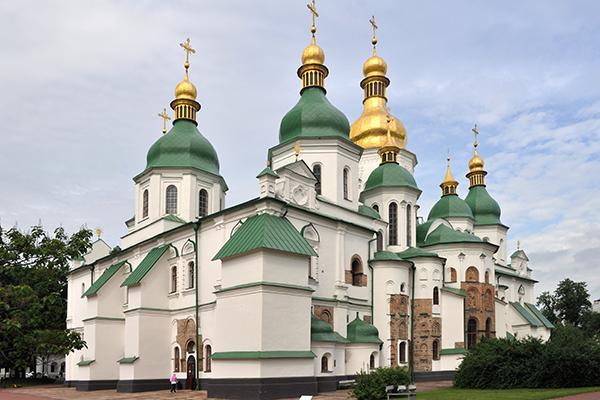A 2018 Pew Research study finds Europeans are deeply divided in public attitudes toward religion, minorities and social issues such as gay “marriage” and legal abortion.
Today, Christianity remains the majority religious affiliation in 27 of the 34 countries surveyed, Pew reported.
Catholicism is more common in central and southeastern Europe, Protestantism is more dominant in parts of northern Europe and Scandinavia and Orthodoxy is the dominant faith in eastern Europe.
The survey also indicates a “significant decline” in Christian affiliation throughout western Europe — especially in nations like Belgium, Norway, Netherlands, Spain and Sweden. In each of those countries there is at least a 20 percent gap in the number of people who say there were raised Christian and those who say they are “currently Christian.”
The Iron Curtain once divided the continent into communist and non-communist countries, and Soviet-led communist governments suppressed religion in public life. However, Christian affiliation has shown a resurgence in some of these countries since the fall of the Soviet bloc in 1991.
“In a part of the region where communist regimes once repressed religious worship, Christian affiliation has shown a resurgence,” Pew reported. “In Ukraine, for example, more people say they are Christian now (93 percent) than say they were raised Christian (81 percent); the same is true in Russia, Belarus and Armenia. In most other parts of central and eastern Europe, Christian shares of the population have been relatively stable by this measure.”
National identity
More than 8 out of 10 people from Sweden, Denmark and Belgium said that being a Christian was not very or not at all important to their national identity. In predominantly Catholic Italy and Ireland approximately half of people in both countries said religion was important to their national identity. In several western European countries Christianity is seen by a majority of the population as very or somewhat important to national identity.
That doesn’t mean they believe the relationship between religion and government should be closer, however. Across the continent Europeans mostly say religion and government should be kept separate. But this view is more widespread in western Europe, while several central and eastern European countries are more divided.
Fewer than two-thirds of adults in most western European countries surveyed say they believe in God, and in some countries with large populations of “nones,” such as the Netherlands, Belgium and Sweden, fewer than half of adults b
elieve in God.
Compared with the rest of the world, the entire European continent has relatively low levels of traditional religious practice such as church attendance and prayer.
Western Europeans also are less likely to say they are certain of their belief in God, but majorities in several of the central and eastern European countries surveyed express certainty about God’s existence.
Most church-attending Christians in western Europe say they believe in God as depicted in the Bible. A majority of non-practicing Christians say they do not believe in God as described in the Bible, but do believe in a higher power or spiritual force in the universe.
Differences divide
The definition and boundaries of central, eastern and eastern Europe are not fixed, Pew noted. Still, strong geographic patterns in how people view religion, national identity, minorities and key social issues, and differences continue to divide the continent, the research shows.
The new research emerged from a series of surveys conducted by Pew Research Center between 2015 and 2017 among nearly 56,000 adults in 34 countries in the region. (TAB)






Share with others: